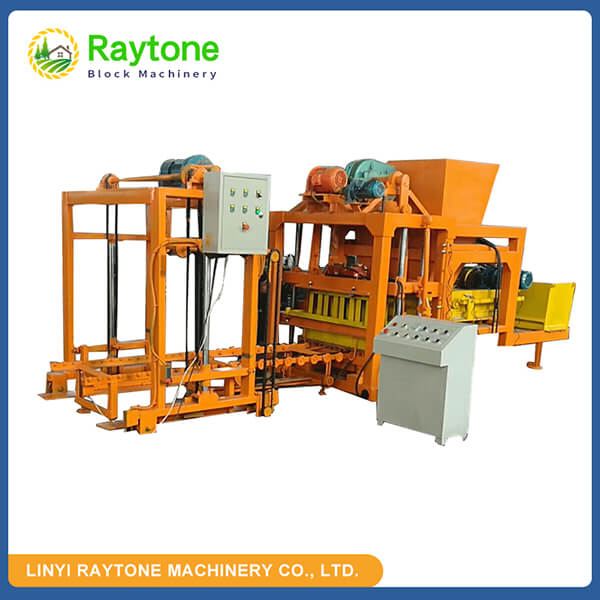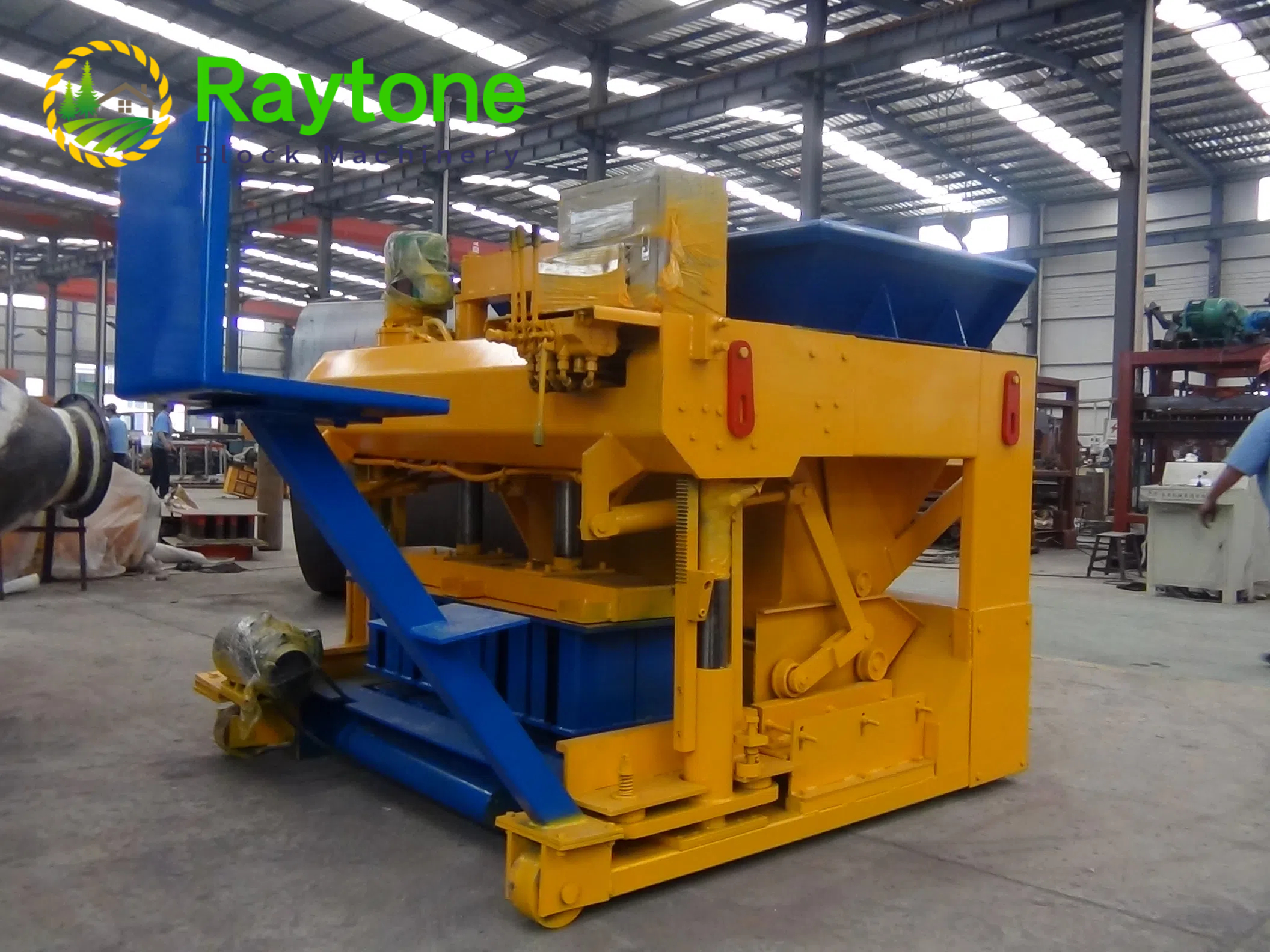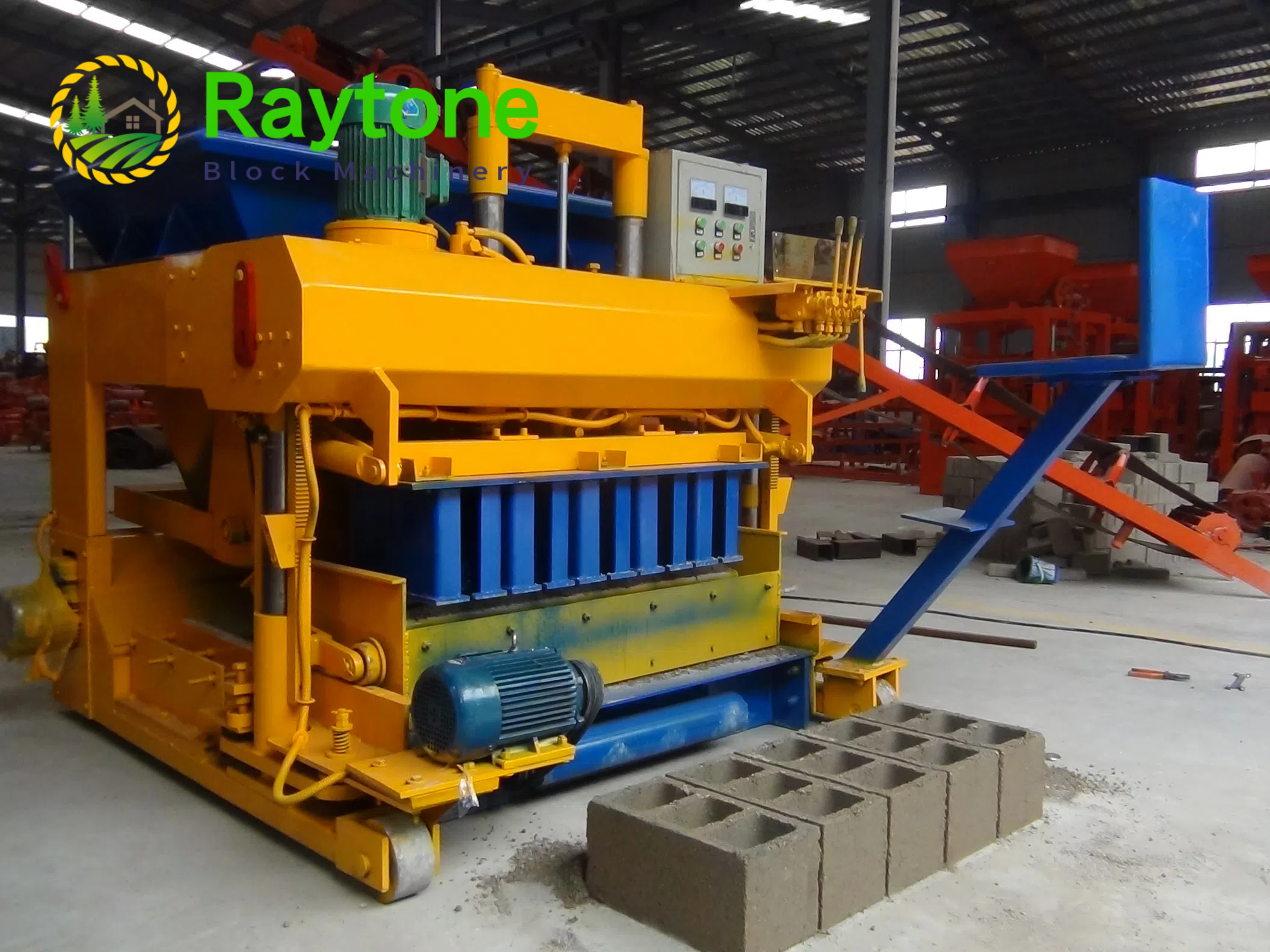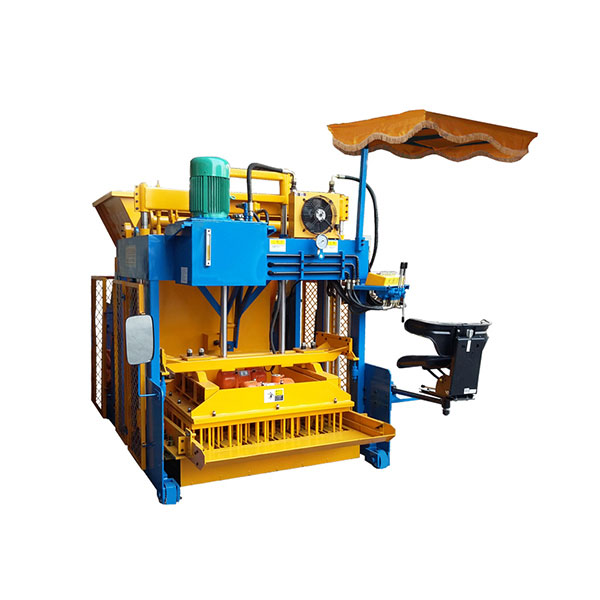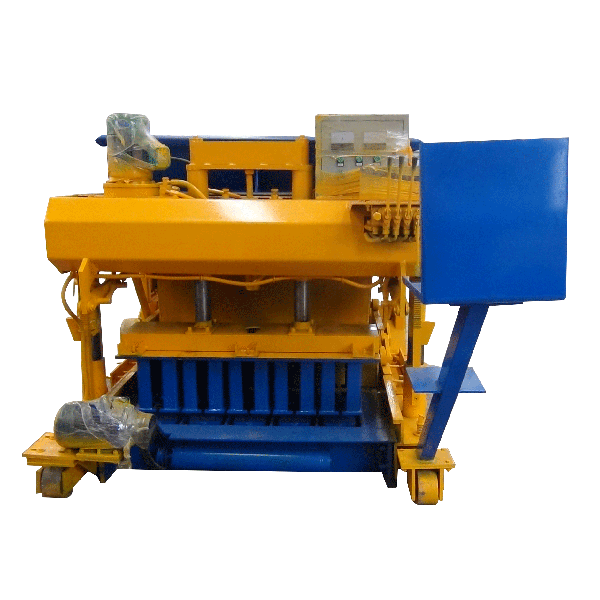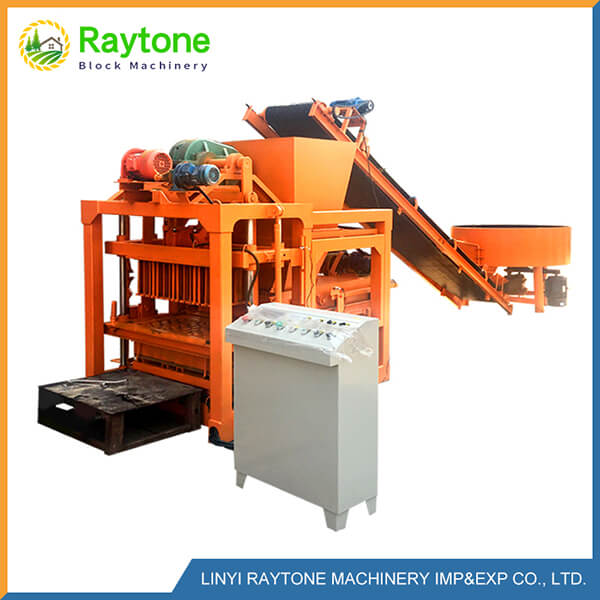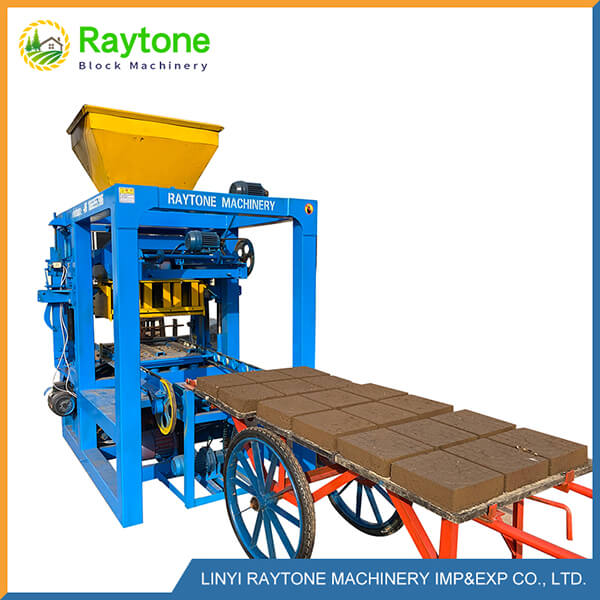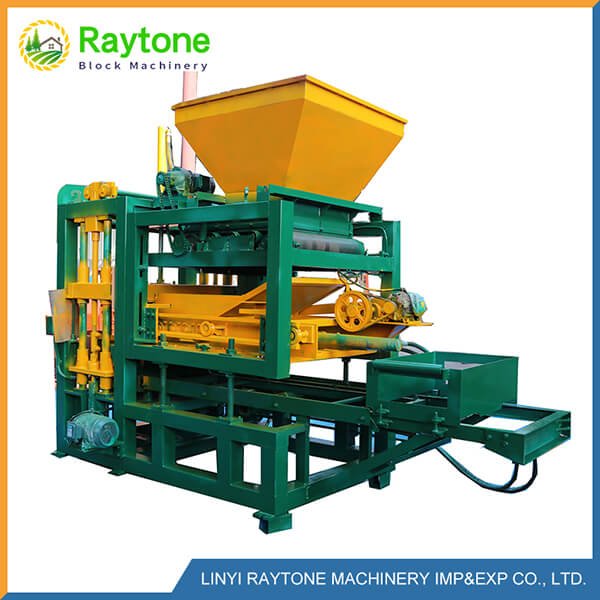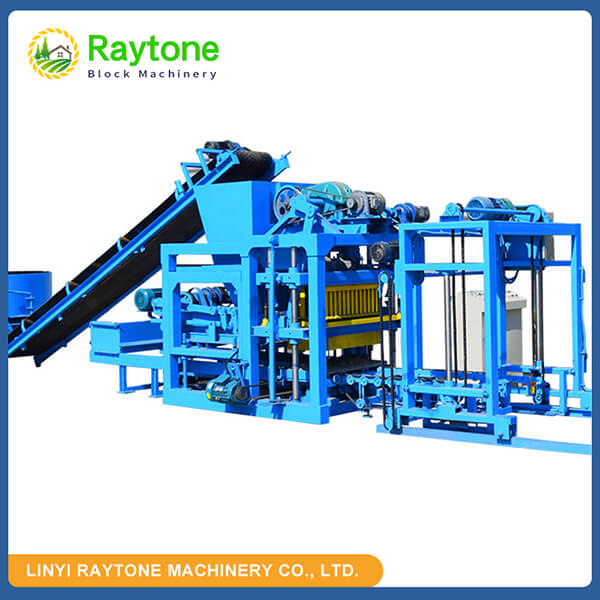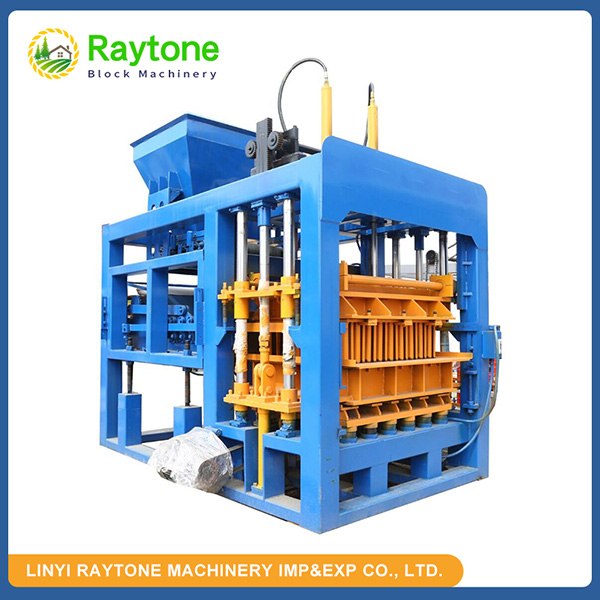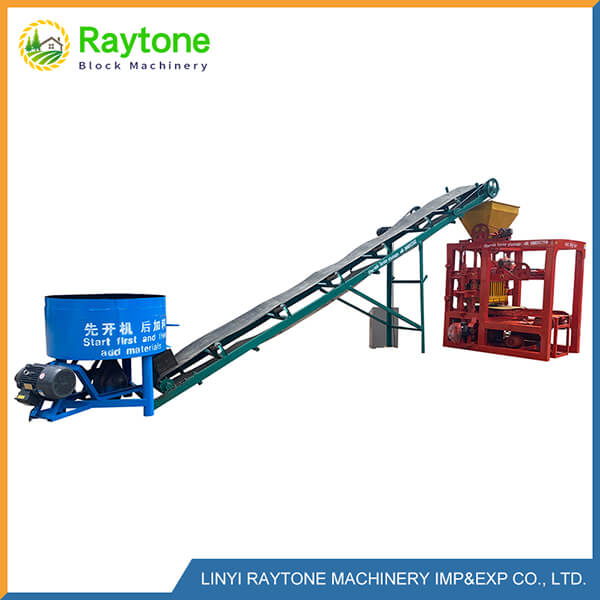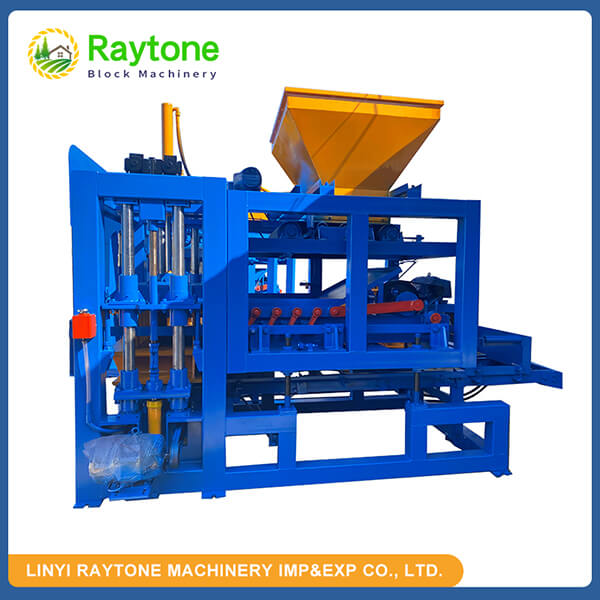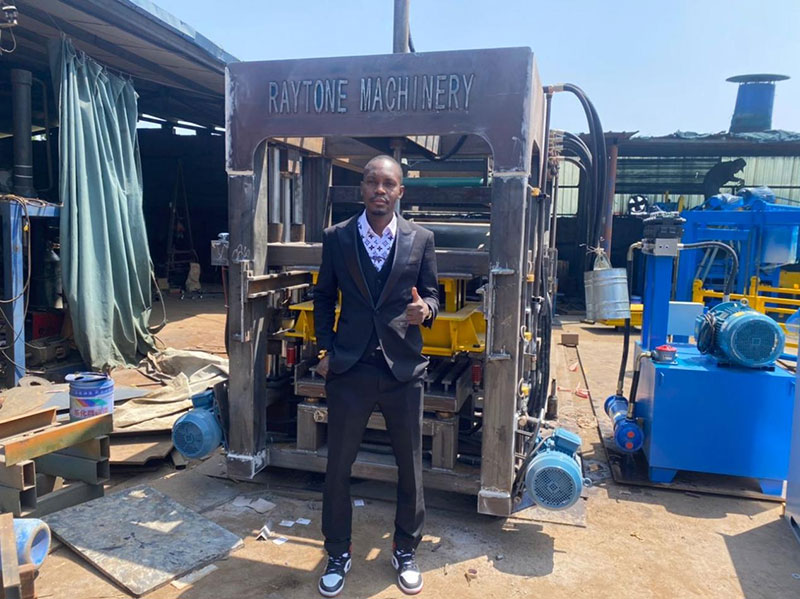Hydraulic block making machines are incredibly efficient tools in the construction industry. These machines can produce a wide variety of concrete blocks with remarkable speed and precision. On average, a hydraulic block making machine can produce between 1,000 to 4,000 blocks per hour, depending on the model and specifications. The QT4-25 automatic brick making machine, for example, offers high automation, further enhancing the production rate and consistency. This high production rate, combined with consistent quality output and reduced labor requirements, makes hydraulic block making machines exceptionally efficient. They not only save time but also minimize material waste, resulting in cost-effective block production. The efficiency of these machines has revolutionized the construction industry, enabling faster project completion and improved overall productivity.
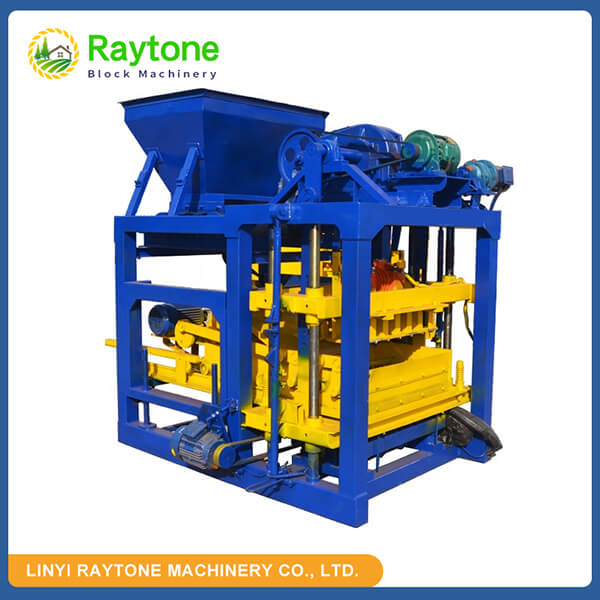
Understanding Hydraulic Block Making Machines
Basic Principles of Operation
Hydraulic block making machines operate on the principle of hydraulic pressure. They use a powerful hydraulic system to compress a mixture of concrete, sand, and aggregates into molds, forming solid blocks. The process begins with filling the mold box with the raw material mixture. Then, the hydraulic system exerts pressure on the mixture, compacting it into the desired shape. This compression ensures uniform density and strength in the finished blocks.
Key Components
A typical hydraulic block making machine consists of several crucial components. The hopper stores and feeds the raw materials into the machine. The mixer blends the ingredients thoroughly to create a homogeneous mixture. The mold box shapes the blocks, while the hydraulic system provides the necessary pressure for compaction. The vibration system ensures even distribution of the mixture within the molds, eliminating air pockets and enhancing block strength.
Advantages over Traditional Methods
Compared to traditional manual block-making methods, hydraulic machines offer numerous advantages. They significantly increase production capacity, allowing manufacturers to meet high demand efficiently. The consistency in block quality is unmatched, as the machine maintains uniform pressure and vibration for each block. Additionally, these machines reduce labor costs and physical strain on workers, making the block-making process more sustainable and cost-effective in the long run.
Efficiency Factors of Hydraulic Block Making Machines
Production Speed
The production speed of hydraulic block making machines is one of their most impressive features. Advanced models, such as the QT4-25 automatic brick making machine, can produce thousands of blocks per hour. This high-speed production is achieved through automation and the efficient hydraulic system, which allows for rapid molding and ejection of blocks. The speed not only increases output but also enables manufacturers to meet tight project deadlines with ease.
Quality Consistency
Hydraulic block making machines excel in maintaining consistent quality across production runs. The precise control over pressure and vibration ensures that each block meets the required specifications in terms of density, strength, and dimensions. This consistency is crucial for construction projects, as it guarantees structural integrity and uniform appearance of the finished buildings. The reduction in human error and the ability to fine-tune machine parameters contribute significantly to this quality consistency.
Resource Optimization
These machines are designed to optimize resource usage, including raw materials, energy, and labor. The accurate measurement and mixing of ingredients minimize waste, while the efficient hydraulic system reduces energy consumption compared to older technologies. Moreover, the automation of the process allows a single operator to manage the entire production line, significantly reducing labor costs. This resource optimization not only improves efficiency but also contributes to more sustainable and eco-friendly block production.
Maximizing Efficiency with Modern Hydraulic Block Making Machines
Automation and Control Systems
Modern hydraulic block making machines incorporate advanced automation and control systems that significantly enhance their efficiency. These systems allow for precise control over every aspect of the production process, from material mixing to block ejection. Programmable logic controllers (PLCs) enable operators to set and adjust production parameters easily, ensuring optimal performance. Some machines even feature remote monitoring capabilities, allowing manufacturers to track production in real-time and make data-driven decisions to improve efficiency.
Customization and Versatility
The efficiency of hydraulic block making machines is further enhanced by their customization options and versatility. Many modern machines, including the QT4-25 automatic brick making machine, offer interchangeable molds that allow manufacturers to produce a wide variety of block sizes and shapes without significant downtime. This versatility enables producers to quickly adapt to changing market demands or project requirements, maximizing the machine’s utility and overall efficiency.
Maintenance and Longevity
To maintain high efficiency over time, proper maintenance of hydraulic block making machines is crucial. Regular servicing, including lubricating moving parts, checking hydraulic fluid levels, and inspecting wear components, helps prevent unexpected breakdowns and ensures consistent performance. Many modern machines are designed with easy-access panels and modular components, simplifying maintenance tasks and reducing downtime. By investing in quality machines and following recommended maintenance schedules, manufacturers can ensure long-term efficiency and productivity.
Conclusion
Hydraulic block making machines have proven to be highly efficient tools in the construction industry. Their ability to produce large quantities of high-quality blocks quickly and consistently sets them apart from traditional methods. The combination of advanced hydraulic systems, automation, and customizable features makes these machines indispensable for modern construction projects. By optimizing production speed, ensuring quality consistency, and maximizing resource utilization, hydraulic block making machines significantly enhance overall efficiency in block production, contributing to faster, more cost-effective construction processes.
Contact Us
Experience the unparalleled efficiency of our hydraulic block making machines at Raytone Machinery. As a leading manufacturer of block machines, we offer a wide range of solutions designed for performance, reliability, and versatility. Our machines, including the QT4-25 automatic brick making machine, are engineered to boost your productivity and ensure excellent value for your investment. Discover how our cost-effective solutions can transform your block production process. For more information about our products and how they can benefit your business, contact us today at hazel@raytonechina.com.
References
- Smith, J. (2022). “Advancements in Hydraulic Block Making Technology”. Journal of Construction Engineering, 45(3), 78-92.
- Johnson, R. & Brown, L. (2021). “Efficiency Analysis of Modern Block Production Methods”. Building Materials Review, 18(2), 112-125.
- Zhang, Y. et al. (2023). “Comparative Study of Manual vs. Hydraulic Block Making Techniques”. International Journal of Civil Engineering, 56(4), 301-315.
- Thompson, E. (2022). “Resource Optimization in Concrete Block Manufacturing”. Sustainable Construction Quarterly, 29(1), 45-58.
- Garcia, M. & Lee, S. (2021). “Impact of Automation on Block Making Efficiency”. Construction Technology Today, 7(3), 89-103.
- Wilson, K. (2023). “Quality Control in Hydraulic Block Production: A Comprehensive Review”. Building Science and Technology, 41(2), 167-182.


